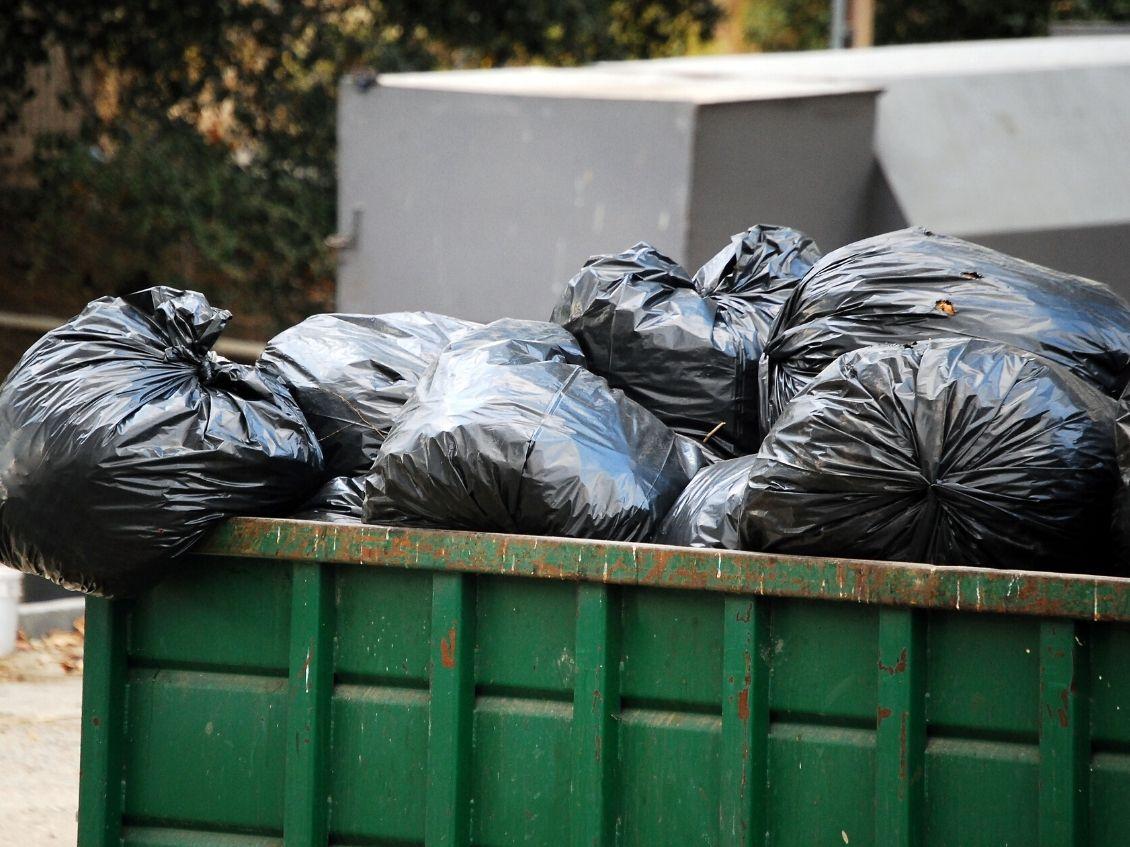Dumpsters help discard undesirable things, whether during a home remodel, a spring cleaning binge, or a significant development project. However, not all things can be indiscriminately tossed into these enormous containers. It is essential to remember that what you might be restricted from throwing in a dumpster could fluctuate depending on your area and compartment type. In any case, various things are ordinarily prohibited from being disposed of along these lines, like the accompanying:
Hazardous Materials:
One of the preeminent classifications of things that should avoid finding their direction into a dumpster is dangerous materials. It incorporates yet isn't restricted to synthetics, paints, solvents, pesticides, batteries, and electronic waste. These substances represent a huge danger to human well-being, untamed life, and the climate.
Electronics:
To dispose of an old TV, PC, screen, game control center, or ray player, never toss it out in the normal garbage. While going to a landfill, electronic gadgets can fall to pieces, making parts inside them release and become unsafe.
Much more modest gadgets, like MP3 players, timekeepers, and electric lamps, hold risky synthetics inside them and ought to subsequently never be shipped off a landfill with the remainder of your rubbish.
Appliances:
You might have a broken microwave, toaster, or cooler you no longer need. Machines like these ought to always be disposed of in a dumpster.
Machines generally contain electronic parts or batteries. Thus, disposing of them in a landfill can be risky, as gadgets are hazardous in this way.
Paints and Solvents:
Never dispose of an old jar of paint, like paint remover or dissolvable paint, in a dumpster. These things can easily spill out, saturate the ground, and sully groundwater and septic tanks. Spilled paint can likewise harm disinfection workers if it gets onto their skin.
The main time it is adequate to discard paint in the normal trash is assuming you are discarding plastic-based paint, which has proactively solidified. You can permit the paint to solidify by leaving the top off the can for some time, or you can accelerate this cycle by adding feline litter.
Pesticides:
Whether a substance, fluid, shower, or granule, pesticides should never be disposed of in a dumpster, as they can harm plants, natural life, and individuals whenever discarded erroneously.
Rather than placing pesticides in a trash bin or unloading them in a sink, restroom, or sewer channel, contacting waste-the-board experts to remove them is ideal. This is because pesticides require specific removal strategies appropriate for major areas of strength on the inside.
Oil and Gas:
Oil or gas items, like grease, fuel, and oil, should never be tossed out in a dumpster. These items are harmful, destructive, and explosive and can be dangerous to anybody. In many spots, it is against the law to discard such things in an ordinary trash dumpster.
Light Bulbs:
Particular kinds of lights ought not to be tossed out in a typical dumpster with the remainder of your junk. Fluorescent and conservative glaring lights have modest quantities of mercury in them, which could debase the dirt and water if they end up in a landfill.
Furthermore, since lights are mostly made of glass and break effectively, if a disinfection specialist handles this messed-up glass, they can cut themselves.
Tires:
If you recently replaced your vehicle's tires and need to dispose of the old ones, consider adding them to your dumpster, as most landfills don't accept them. Tires consume a large chunk of the day to break down, and they also trap gasses (like methane gas) at landfills and harm the proactive boundary, isolating the landfill from the climate and prompting serious ecological harm.
You should take your old tires to a reusing focus or a tire shop or have them removed by a garbage expulsion administration.
Medical Waste:
Things like needles, needles, and other clinical waste must never be set in a standard dumpster. These materials represent an extreme gamble of injury and contamination to squander the executive's staff and can spread infections if not dealt with as expected. Clinical offices and people creating clinical waste ought to follow legitimate removal techniques laid out by nearby well-being specialists.
Final Thoughts
Dumpsters act as vital devices for garbage removal, yet it is urgent to utilize them capably and morally. Understanding what ought not to be thrown into a dumpster isn't just a question of consistency with regulations and guidelines but also a guarantee to defending our current circumstances and general well-being. By embracing mindful garbage removal practices and searching out suitable channels for things that can't be unloaded in a standard dumpster, we add to a cleaner, more secure, and more feasible future for a long time.
The limitations on what can and can't be put in a dumpster go beyond simple bother; they are fundamental protections for our current circumstances, general well-being, and the prosperity of people in the future. While the comfort of a dumpster might entice us to discard all undesirable things in a single motion, a capable way to deal with squandering the executives is fundamental.
Understanding the different classifications of things that should never be tossed into a dumpster- dangerous materials, electronic waste, machines, tires, development trash, paint, and clinical waste is significant. It requires a change in outlook from fast and simple removal to a more smart and manageable methodology.
